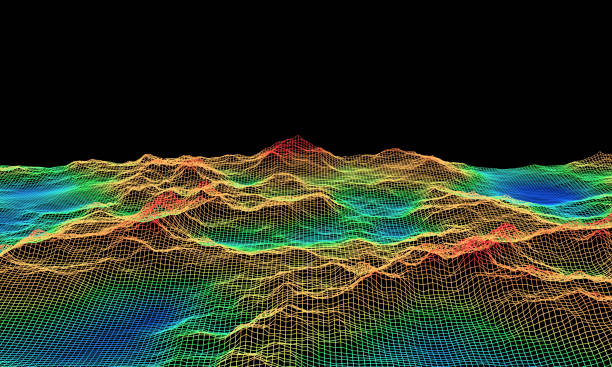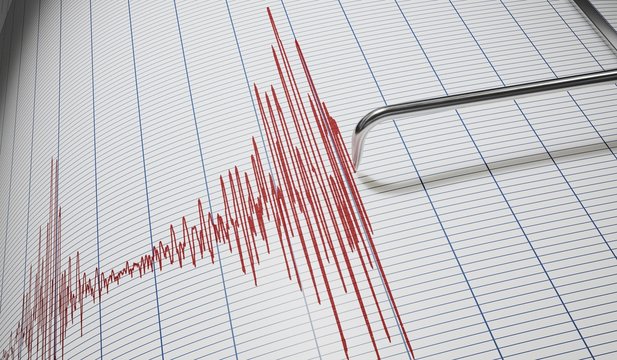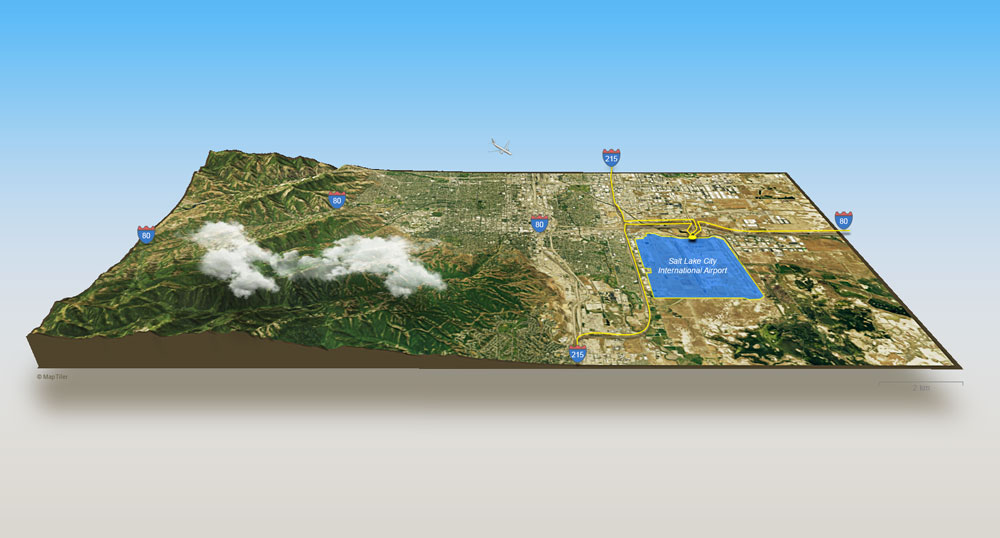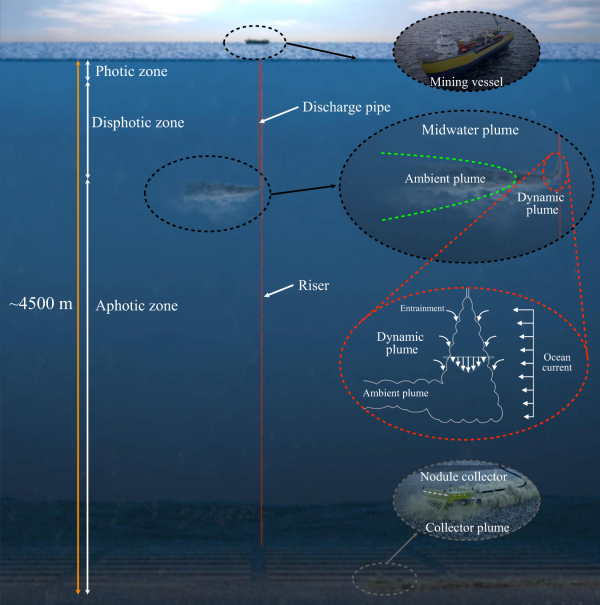For Students
Digital Geology- A fun filled career
Admin Aug 10, 2022 11:51 AM

TAGS
Geology is an applied discipline that studies the origin and evolution of our planet's structure. Geologists study the Earth's physical properties to learn about its history, anticipate natural and human-caused disasters, learn about past and current climatic patterns, and investigate renewable and nonrenewable resources. Resource mapping, remote sensing, recycling technology and computer models, all use geological results.
The earth we walk on provides us with food, water, and energy. And, thanks to technological advancements, we are learning how to obtain this energy in a more sustainable and efficient manner. One of the most unexpected outcomes of the digital revolution is the geologist's role as sustainability guru being reinterpreted and empowered.
The evolution of Earth science and geology is a response to the world's increasing requirements. For example, in geologists' investigations, the age-old cartographer's tool, the paper map, has always been a limiting issue. The data geologists obtained could never be accurately displayed on a paper map. Furthermore, not long ago, ocean floors were too far distant to be examined, much less charted. Now that geologists have modern technologies at their disposal, they are better able to undertake precise science.
Let’s see how different professions have turned out to be accurate and precise due to technological advancements.

Seismography
Seismographic monitoring aids in the detection and measurement of earthquakes, as well as the monitoring of nuclear weapons development and testing using geological data. Digital seismography has advanced to the point that it can detect a considerably wider range of motion over a wide range of frequencies. The study of the Earth's interior has also advanced thanks to modern global seismology, which has replaced outdated assumptions about our planet's inner.

3-D Mapping
Geologists have 3-D modelling technology at their disposal. Geology has long been hampered by two-dimensional mapping, which prevents it from being an accurate science. With limited technology, inferences had to be formed. Recent advances in 3-D modelling, on the other hand, have improved natural resource mapping, enhancing our ability to comprehend and analyse the planet's resources. 3-D mapping capabilities are also beneficial to groundwater modelling, carbon storage capacity, and conventional and geothermal energy assessments. Information science — the processing and analysis of data – paved the way for the inevitable transition to 3-D mapping.

Marine Geology
It's a broad term that refers to the study of the ocean floor. It investigates the ocean floor and coastal zone using a variety of disciplines such as geochemistry, geophysics, sedimentology, and palaeontology. The field of marine geology has profited greatly from technological advancements. The world under the waves is equally as diverse and fascinating as the ones above it. Exploration of the undersea world is possible thanks to piloted submersibles, remotely operated vehicles (ROVs), and programmable acoustic sensors attached to ships. The production of maps and models of the seafloor is now possible thanks to new 3-D modelling technologies. As our society grows, advances in marine geology can assist meet basic demands.
Career Exploration in Geology
Geologists' job prospects are improving as a result of these advancements in environmental research. Geologists are becoming increasingly valuable as our planet searches for new ways to harness or generate energy.
A geoscientist with a bachelor's degree earns an annual median pay of $82,500, according to the Bureau of Labor Statistics in the United States. Geoscientists are interested in the physical properties of the Earth. The majority of geoscientists work in the field, the office, and the lab. Field employment might entail long trips to remote locations as well as irregular working hours. Geoscientists are expected to increase twice as quickly as the rest of the workforce.
Mines are designed by Geological engineers so that minerals can be extracted safely. They can expect to earn the same as geoscientists, but job growth will be moderate.
Hydrogeologists investigate how water travels through the earth's soil and rock. Clean groundwater supplies are ensured by hydrogeologists. Investigating methods to test water for safety, or supervising the cleanup of spills and contamination, are examples of job responsibilities.
Architectural Engineers are involved in a wide range of tasks, including food production and processing, biofuel development, and environmental conservation. Architectural engineers may work in offices or on construction sites. In the next eight years, job growth for architectural engineers is predicted to be slightly slower than normal, but growth in environmental sectors is expected to be faster than average.
A Geological oceanographer is an important vocation that has witnessed significant advancements in technology, allowing us to better utilise the ocean for food, potable water, energy resources, waste disposal, and transportation. According to the international job market, marine geologists with advanced degrees (which take between 6 and 8 years to complete) can expect to earn roughly $55,000 as a starting wage, $80,000 working for the government, and upwards of $90,000 as an associate professor with a Ph.D. Marine geologist profiles go into greater into regarding their employment responsibilities and prospects.
Natural resource managers are in charge of overseeing and implementing conservation and sustainability plans relating to our planet, which are frequently linked to human activities that benefit or harm her. With a bachelor's degree, conservation scientists and environmental scientists can expect excellent compensation in the office, lab, or outdoors.
Some other job options are:
- Petrologist
- Mineralogist
- Structural Geologists
- Environmental Geologists
- Earth Science Teachers
- Geohydrologist
- Paleontologist
- Volcanologists
- Petroleum Geologists
- Glacial or Quaternary Geologists
- Engineering Geologists
Career path
| Undergraduate Courses |
|
| Postgraduate Courses |
|
| Doctoral Courses |
|
To the millions of students who are still studying the same Cold War-era earth science textbooks as their parents, geology may appear to be a slow-moving science. But don't be fooled by those stale texts. In truth, geology is progressing at the same rate as technology. The pace will only pick up with society's ongoing demands for food, clean water, and electricity.
Search
Latest Blogs

Exploring Opportunities in Emerging Engineering field
Admin
Dec 14, 2024 05:18 PM

Navigating College Majors
Admin
Sep 25, 2024 04:04 PM

Tools for Measuring Strengths For Career
Admin
Sep 25, 2024 03:27 PM
Interested in getting latest updates?
SUBSCRIBE


















